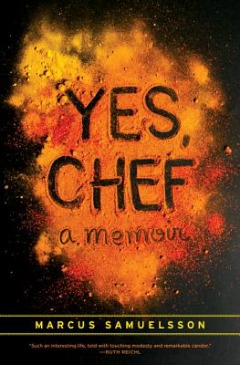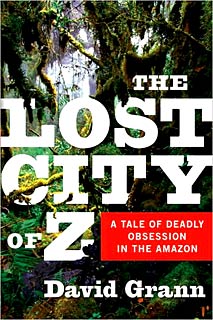This review contains affiliate links, which earn me a small commission when you click and purchase, at no extra cost to you. Thank you for supporting my small business and allowing me to continue providing you a reliable resource for clean book ratings.
I am not really into the whole food “scene.” I love reading books about good food, I like cooking (but I’m a cook, not a chef, even though I worked in a restaurant for a year when I was a teenager), and I like the idea of good food, but when it comes to recognizing names of chefs, I’m pretty much limited to the really popular Food Network people.
So, before a Random House rep came into the store where I work pitching hot books this summer, I had never heard of Marcus Samuelsson. I think that was a good thing, however, because I was able to come to his story free of biases, open to whatever journey he was going to take me on.
And it’s quite the journey: Born in Ethiopia, he, his mother and his sister contracted tuberculosis when Marcus was two. His mother walked for days to get to a hospital, dying soon after reaching there, leaving the children orphaned. Luckily, there was an older couple in Sweden who were desperate for children, not caring what color or nationality they were, and they adopted both Marcus and his sister.
Samuelsson spends quite a bit of the book on his childhood and upbringing in Sweden, primarily because he firmly believes that this was the foundation for all his successes. His mother’s mother taught him to cook, in the classic Swedish style. His parents taught him the work ethic that made Samuelsson what he is today and supported his journeys around the world, as well as his choice of career. These parts of the book are fascinating: from his stages in Sweden, Switzerland, Austria and New York before the ultimate stage in France and then back to America where he became — almost by accident — the executive chef of Aquavit. He is liberal with praise for the people who helped him and candid about the people who were jerks, and he muses about the idea of race in the restaurant and food world. But always, always these reflections are centered around his food journey and his chasing the flavor around the world.
The latter third of Yes, Chef, which includes his time at Aquavit, his stint on Top Chef masters (and winning that competition), to his finding his birth family in Ethiopia and opening his current restaurant, Red Rooster, in Harlem are not as compelling as the first part, though they still hold interest. The timeline gets a little fuzzy, and I felt he was rushing through things, when I wanted him to linger, especially on the flavors and the tastes of the food he was creating.
Even with that slight drawback, it’s a marvelous food-centered memoir. Enough that I would love to step into his world, just to taste the dishes he made sound so delicious.
Rated: High for language. Being in the professional kitchens of highly rated restaurants is not conducive to less-than-R-rated language.




